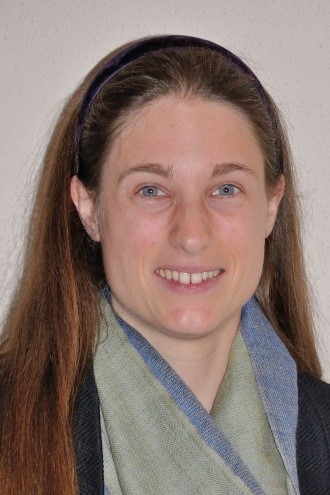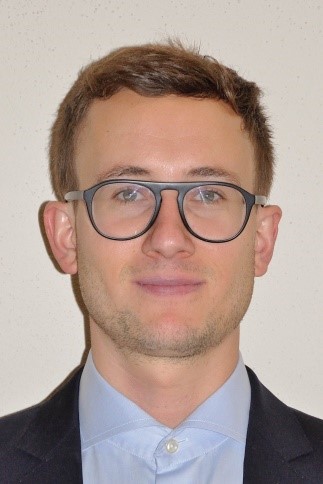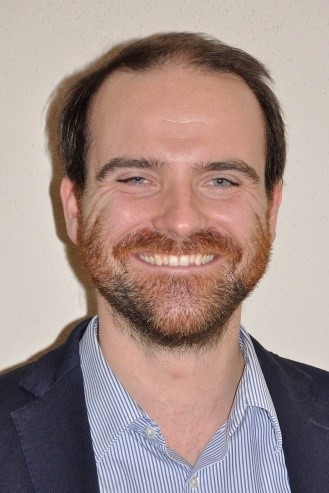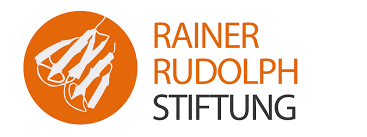
Franziska Heydenreich received the prize for her doctoral work entitled “The inner workings of a GPCR: molecular basis of biased G protein activation and beta arrestin recruitment”, which she performed from 2012 until 2016. Franziska was enrolled in the bachelor and the master programs in biology at the Eidgenössische Technische Hochschule (ETH) in Zurich, and subsequently she joined the group of Dmitry Veprintsev at the Paul-Scherrer-Institut as a doctoral student. G-protein-coupled receptors in the cell membrane are the most important targets for a wide variety of drugs. By using a huge number of highly sophisticated mutational analyses, Franziska was able to elucidate the molecular paths of how the signals elicited by external ligands are communicated across the receptors to elicit a specific cellular response. At present, she works as a postdoctoral fellow at Stanford University.

David Niquille was awarded the prize forhis doctoral thesis “Reprogramming Nonribosomal Peptide Synthesis”. As a bachelor student he studied biology, and he got his master’s degree in biological chemistry, both at the Eidgenössische Technische Hochschule (ETH) in Zurich. Then he worked from 2013 to 2018 as a doctoral student in the group of Donald Hilvert at the Labor für Organische Chemie of the ETH. By a clever combination of biochemical approaches with methods of directed evolution, he was able to develop strategies for reprogramming non-ribosomal peptide synthetases such that they specifically recognize non-natural amino acids that are suitable for chemical modifications. He published his work among others in Nature Chemistry. He is now a postdoctoral researcher at the MIT in Cambridge, USA.

Dominik Schumacher received the prize for his doctoral work entitled “Site-specific functionalization of antigen binding proteins for cellular delivery, imaging and target modulation” He received a bachelor’s degree in chemistry and economy from the Heinrich-Heine-Universität Düsseldorf, followed by a master’s degree in chemistry from the same university. As a doctoral student, he joined Christian Hackenberger’s group at the Leibniz-Institut für Molekulare Pharmakologie and the Humboldt-Universität zu Berlin. In his work, performed between 2013 and 2017, he developed novel chemo-enzymatic methods for the residue specific modification of proteins, as well as for the direct uptake of small antibodies by living cells via the use of cyclic cell penetrating peptides. Dominik published his results among others in two papers in Angewandte Chemie.

